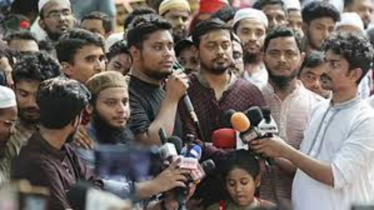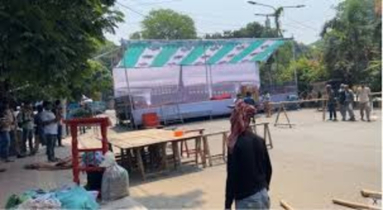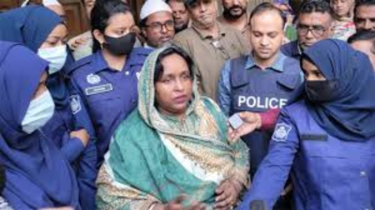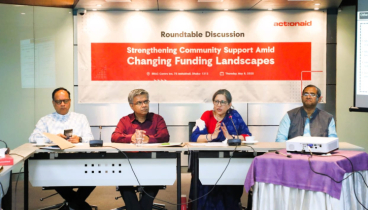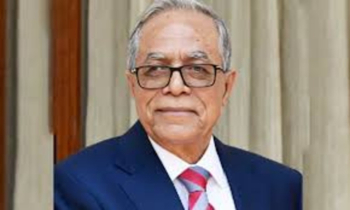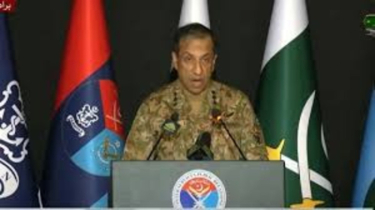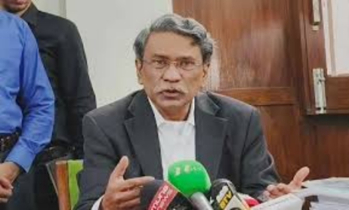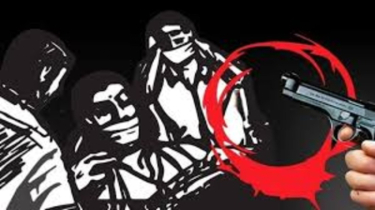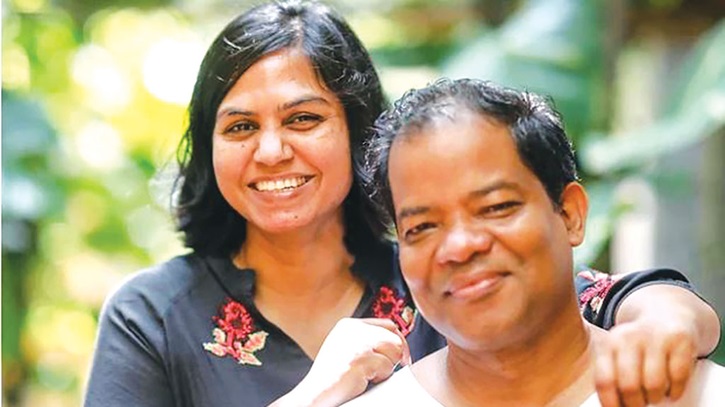
File photo
Farzana Rupa and Shakil Ahmed, two prominent Bangladeshi journalists, have filed a formal complaint with the United Nations, accusing the Bangladeshi government of arbitrary detention. The couple, both of whom were arrested on 21st August 2024, have been imprisoned for over 150 days after being charged with murder in connection with their journalistic work.
The arrest of Rupa and Ahmed followed significant political unrest in Bangladesh after the government of Prime Minister Sheikh Hasina was overthrown. The couple, both affiliated with the Bengali-language news channel Ekkator TV, were accused of inciting violence during protests in 2024, allegedly leading to the deaths of student demonstrators. Their detainment is part of a larger trend of politically motivated prosecutions against journalists who are perceived to be sympathetic to the previous government.
Ms. Rupa, a well-known investigative journalist, and her husband Mr. Ahmed, who was the head of news at Ekkator TV, have long been recognized for their journalistic work. Ekkator TV itself came under attack by student leaders involved in the July 2024 revolution due to its perceived pro-Hasina stance. The channel's offices were vandalized, and it was temporarily forced to halt transmissions. Following the change in leadership, other media outlets in Bangladesh were shut down, and many journalists were fired, under pressure from protesters.
The arrest of Rupa and Ahmed is seen as an extreme example of a broader pattern of retaliatory actions by the new government against those associated with the previous regime. Dozens of other journalists have been similarly arrested, and several media outlets have faced censorship or forced closures. In response to the situation, the Committee to Protect Journalists (CPJ) wrote to Bangladesh's interim leader, Professor Muhammad Yunus, urging the government to protect press freedom and refrain from using the law to target political opponents.
Since their arrest, Rupa and Ahmed have endured significant hardships, including repeated interrogations without access to legal representation. Rupa has been held in solitary confinement for extended periods, and both have had limited contact with their families and lawyers. In addition to the original charges, more accusations have been leveled against them, further extending their detention.
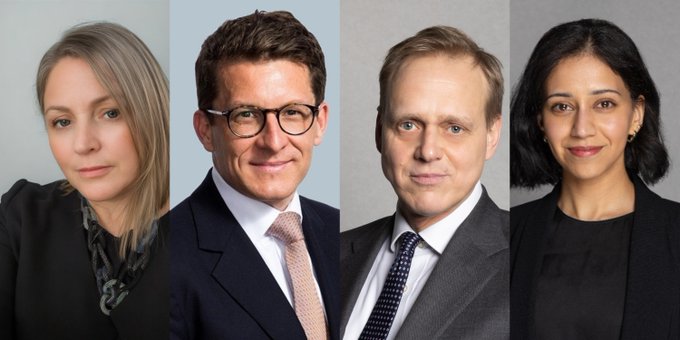 On Wednesday (22 Jauary, the couple’s international legal team, led by Caoilfhionn Gallagher KC from Doughty Street Chambers in London and Sydney, filed complaints with the United Nations Working Group on Arbitrary Detention and the Special Rapporteur on Freedom of Opinion and Expression. Gallagher, who is representing Rupa and Ahmed, condemned the case as a 'retributive lawfare' against peaceful journalists. She called on the United Nations to hold the Bangladeshi government accountable and demand the immediate release of the two journalists.
On Wednesday (22 Jauary, the couple’s international legal team, led by Caoilfhionn Gallagher KC from Doughty Street Chambers in London and Sydney, filed complaints with the United Nations Working Group on Arbitrary Detention and the Special Rapporteur on Freedom of Opinion and Expression. Gallagher, who is representing Rupa and Ahmed, condemned the case as a 'retributive lawfare' against peaceful journalists. She called on the United Nations to hold the Bangladeshi government accountable and demand the immediate release of the two journalists.
Gallagher remarked, 'The prosecution of these two peaceful TV news workers is vengeful and must end. If the incoming government is to prove its commitment to reform, it must defend the rule of law and protect press freedom.'
Joining Gallagher in the legal efforts are Matthew Lewis SC, Jonathan Price, and Nikila Kaushik. Beh Lih Yi, CPJ’s Asia Program Coordinator, also weighed in, stating that the Bangladesh government must demonstrate a commitment to press freedom by ending its 'political witch hunts' against journalists.
These legal actions come as Bangladesh’s interim leader, Professor Muhammad Yunus, prepares to address the World Economic Forum in Davos on 23rd January 2025. International observers are closely watching the situation, urging Yunus and the interim government to show their commitment to reform by ensuring the protection of journalists and press freedoms in the country.
The case has drawn international attention, with human rights groups, legal experts, and press freedom advocates calling for an end to the political repression that has gripped the media in Bangladesh since the change of government. As Rupa and Ahmed’s legal battle continues, their supporters remain hopeful that the United Nations will take swift action to address the violations of their rights and secure their release.
U

.png)
